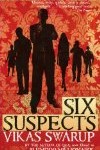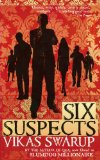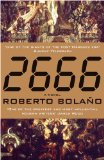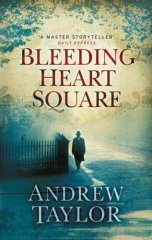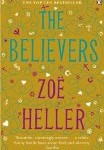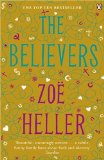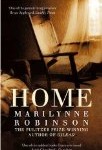I loved Q&A (the book the film Slumdog Millionaire is based on) and so was excited to find Vikas Swarup’s latest book in the library. Unfortunately Six Suspects isn’t quite as good as Q&A.
The title refers to the six people who are all discovered carrying a gun at a party in which Vicky Rai, the son of a high-profile Indian Minister, is shot. Through a series of short stories we see into the lives of these people, and their motives for killing Vicky Rai are revealed.
Some sections were really good, especially the story of the mobile phone thief who found a briefcase full of money, but this seemed too similar to the central character in Q&A, who also suddenly comes into a lot of money. It felt like the best sections from Q&A had been condensed and then repeated here.
There were many sections of the book which seemed unlikely, and it didn’t have to charm be able to pull it off. One of the characters gets kidnapped and this section in particular seemed very unrealistic. The book touches on some very difficult subjects, including suicide bombings and poverty, but I felt these were rushed over and so I failed to get an insight into the minds of these people. The fact that there were six central characters also meant that I didn’t really bond with them that well, as by the time I was getting to know them they were replaced with the next suspect. The sights and sounds of India were also not as present in this book as they should have been.
It is a light, easy read, and it’s 560 pages fly by, but I was disappointed by the ending, as although it is quite clever, it isn’t possible to work out who the murderer is, and that is what I love most about thrillers.
Overall, it was OK, but I recommend you read Q&A instead.
![]()
Did you enjoy reading Q&A?
I haven’t seen the film Q&A yet? Which did you prefer – the book or the film?
